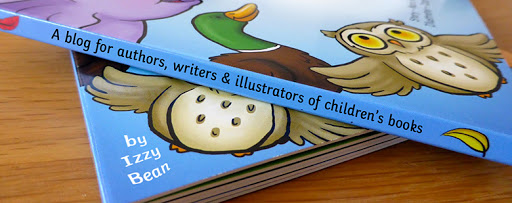“In the age of technology, if you don't adapt you'll be obsolete,”
Well, they might have been right in a vast number of areas but is it true when
it comes to the world of books? While the radical and rapid growth is so
obviously apparent in major fields like education, communications, gaming, and
so on, surprisingly enough, physical paper books have been able to hold tight.
It is a fight that they have been able to win and retain even with the
introduction of a much more portable, mobile device which can hold thousands of
books. So why are physical books still relevant today? What is their secret?
You just can't beat the feel and smell of a book
Ebooks might seem to be a more
attractive than owning thousands of books what with
their backlights, changeable font sizes, and light-as-a-feather weight, however, physical books
still seem to have the hearts of millions simply because... they smell nice.
No doubt there are billions of people
who choose to own these little devices to hold their books, but there are as
many or even more people who still wish to hold a book in their hands.
Statistics show that physical books are still being sold more than Ebooks and the number one cited reasons for preferring books? That hard to describe yet soothingly familiar smell as you stick your nose between the pages.
Even
with the advancement in technology physical books still seem appealing because of their texture as you hold them in your hand, the movement as you turn each page. We human beings are constantly hanging on to things. Physical books are tangible and metaphysical
representations of one’s thoughts. It merely does not sit on a shelf as a
decorative item but it also holds sentimental value. It’s a romance of sorts,
the entire affair from beginning to end. You visit the brick and mortar building
to make your purchase, you peruse over the books until you find the right one
for you. You take it home and cozy up in your favourite nook. It essentially
becomes your best friend for the duration of that read. The times you held your
breath while you turn the page to learn if the protagonist lives or dies, the
smell of the fresh or even twice loved books all of it seems to be a cathartic
experience. You read it for the story but you go back again and again for the whole, immersive experience.
They never die
Although the manufacturers may boast about their longer and longer battery life, books can boast an indefinite one. The book you are reading could have been read by others and passed down for generations, or swapped in cafes around the world, in the hands of people you have never met yet share that same connection. You can take them in the pool and they won't be in any danger of splashes. You can leave them out in the sun and the most damage they will receive is a bit of fading on the cover. You can drop them with the only worry being that you've lost your place on the page. Yep, they're immortal all right, and that's hard to beat even if the rival is a technological marvel.
You'll take more notice if it's a physical book
Yes, really! A study reported in the Guardian last year found that Kindle readers had more trouble recalling details about a mystery novel than readers of the exact same novel in print. It is suspected that ebooks push the reader to skip pages and 'skim' past important parts of the story, whereas a paperback book demands more respect and encourages you to slow down, get immersed and take much more in.
The beautiful art
I couldn't write this article without mentioning one of my favourite parts of a book; the illustrations. Whether that's the unforgettable cover art that might be the very reason you picked up the book in the first place, or the incredibly detailed pictures inside takes you back to the books of your childhood when you spent hours pouring over them looking for all the little details and hidden characters. Of course, ebooks can also display the illustrations on their screens, but it's far from the same experience. They are often small, and most of them are only grayscale so they cannot show off the brilliant colours. In addition to that, they are not the intended output when the artist was drawing them, so they may not fit on the screen properly or display double page illustrations. In short, they just do not compare to physical picture books.
The kids love 'em
That's the only reason some need to choose physical over digital. Children simply love turning pages, carrying their favourite book to bed, pointing at their printed friends with sticky fingers. Do your children feel that connection with a screen?
There are many more years to go in this war of Ebooks
versus traditional books I'm sure, but for now, it is our bulky, dusty, stained physical books that stand defiantly at the number one
position.









